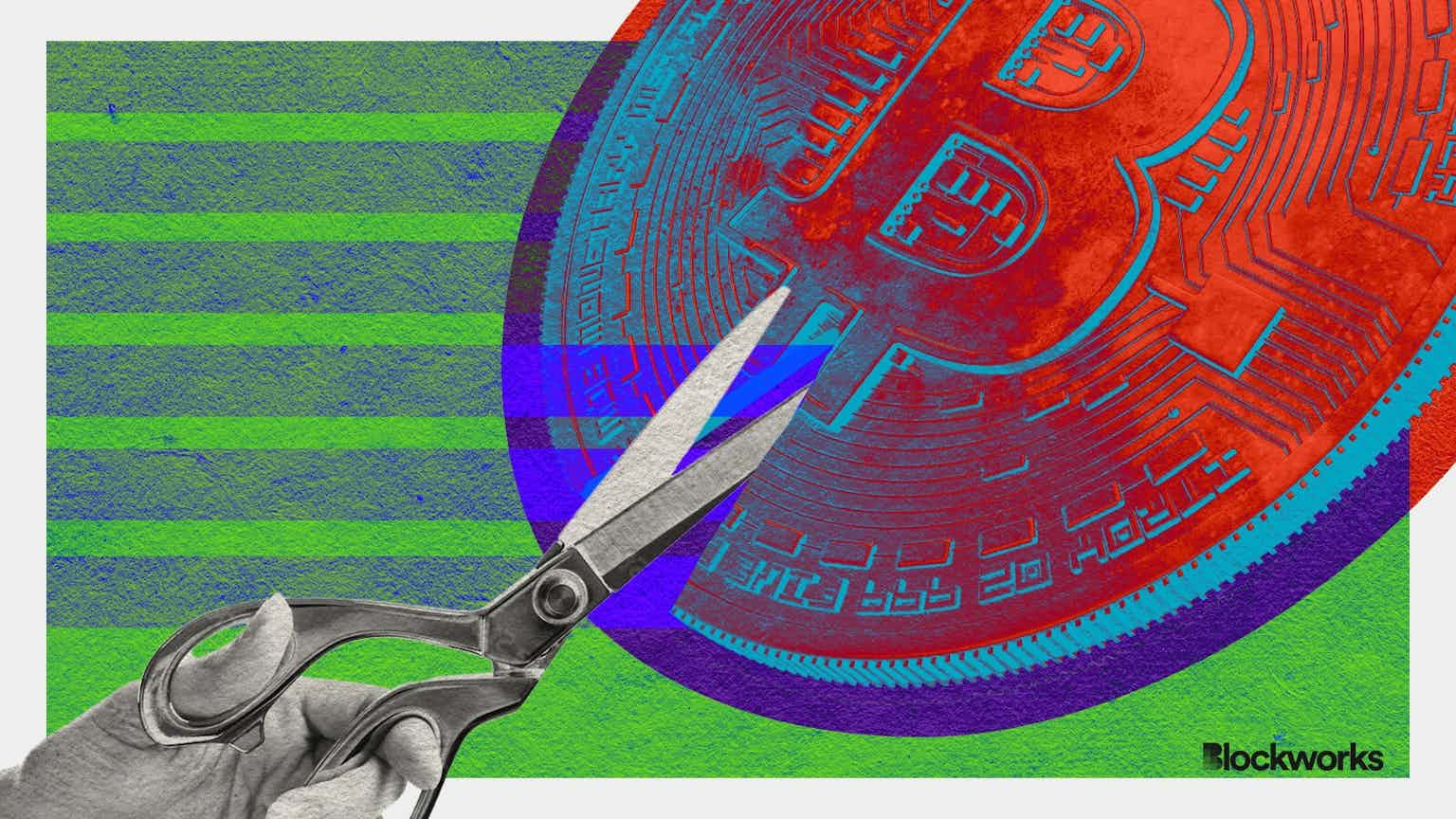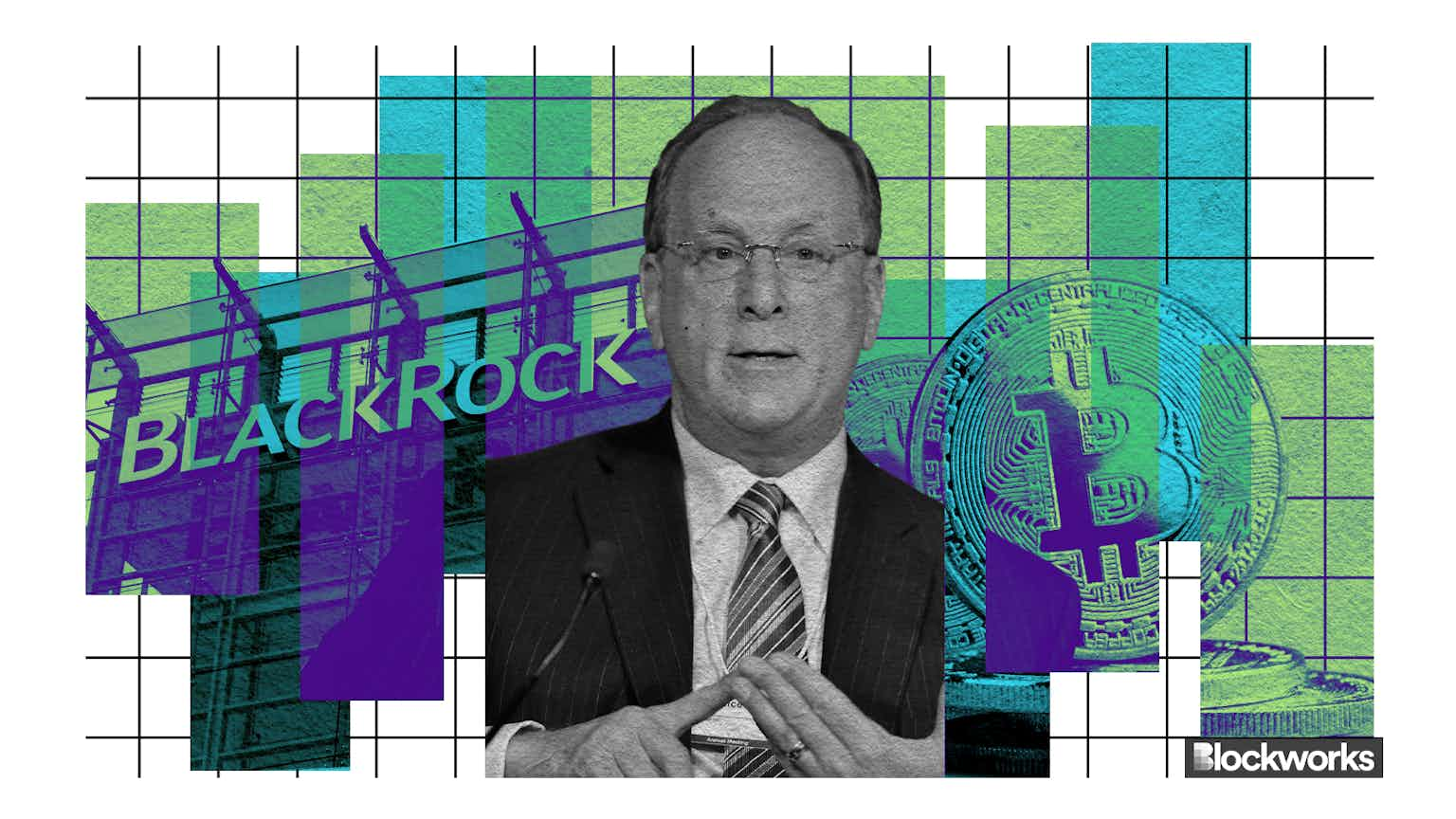Crypto Loves Portugal — But How Long Will It Last?
Portugal’s relaxed approach to crypto taxes is set to shift, with some speculating it could warp perceptions for the sunny jurisdiction

Source: Shutterstock
key takeaways
- Portugal is looking to bring its crypto tax policies in line with other European countries
- The move, if too heavy-handed, could threaten the country’s status as a crypto hub
Portugal has evolved into a destination of choice for crypto investors seeking solace under the country’s relaxed approach to digital assets.
Expats are drawn to its warm weather, reasonably low cost of living and relatively low crime rate. But perhaps most alluring for those with deep crypto portfolios is Portugal’s lax tax rules.
Holders in Portugal are exempt from paying tax on crypto profits, as long as that income isn’t their primary professional activity. In other words: If crypto trading and investing is more of a side hustle, you won’t have to pay any taxes on that revenue.
Under Portugal’s Non-Habitual Resident program (NHR), non-residents benefit from most of the tax breaks enjoyed by locals. The NHR exempts most foreign-sourced income and negates wealth tax while offering other forms of special treatment.
The only catch is that individuals need to reside in Portugal for a minimum period of 183 days, but that still allows them to duck in and out of the country at their leisure.
But while Portugal has taken a hands-off approach to investors’ pockets, those favorable tax breaks may soon be about to change.
Crypto tax breaks more of a loophole
There’s other draws for blockchain entrepreneurs, apart from tax breaks.
Lisbon and Porto, the country’s two largest cities, house many budding firms including crypto-oriented coworking space startup The Block (not to be confused with the media brand), which caters specifically to professionals in the digital asset industry.
Portugal also boasts two major working groups — The Blockchain Center Portugal and Blockchain Portugal — aimed at bringing proponents together to drive adoption and innovation.
But while those initiatives are intentional, the tax breaks enjoyed by crypto investors are more of a loophole, stemming from a 2016 law that stated cryptocurrencies aren’t actual currencies.
So, digital assets aren’t legal tender, which means they’re not subject to taxation.
“The truth is, this didn’t happen from a strategic government standpoint but from a gray area within the Portuguese law where all the things that are taxed need to be listed,” Tiago Emanuel Pratas, DeFi business developer at Ankr and Portuguese local, told Blockworks.
“As you can imagine, since they’re relatively new, cryptocurrencies are not listed there.”
Now, the country is considering how it might tax crypto gains, dragging its legislation in line with most other European countries. And that may end the country’s status as a crypto hub, Pratas said.
Portugal’s finance ministry is said to be working on a new draft law that would kill its dreamy crypto tax haven status. The plans are still unclear and are likely to be presented during the next budget in October.
As of right now, salaries remain taxable even if they’re paid in crypto, just like any other currency would be. If an individual primarily works within the crypto industry, their income is still taxed like anybody else.
“Portugal embraced digital currencies so enthusiastically that it was the envy of other countries in the early days, levying no tax on crypto holdings or profits,” Brad Yasar, CEO of EQIFi, told Blockworks.
According to Yasar, it’s unlikely that authorities will take steps to stop the inflows of promising projects and developers.
The country implemented its Digital Transition Action Plan in April 2020 aiming to bolster innovation through the use of Technological Free Zones. Those zones, while still fresh, are expected to foster development in blockchain technology, among other areas, in a bid to further stimulate Portugal’s economy.
The moves have led to an influx of crypto enthusiasts and companies such as CriptoLoja and Mind the Coin to set up bases there and draw talent.
Hub, schmub
Adam Carver, CEO at Bitgreen, said the country’s embracing of blockchain is why so many Web3 conferences are happening there this fall, including Nearcon, Solana Breakpoint and the Sub0 Polkadot Developer Conference.
Even aside from the upcoming tax changes and free zones, Portugal isn’t the ideal crypto hub it’s made out to be, according to some.
One blockchain games developer who left his home country of Japan due to its bureaucratic business policies pointed out some flaws in the relocation process.
Shinnosuke “Shin” Murata, the founder of Murasaki, told Blockworks that while the country is willing to accept crypto startups or investors, basic formalities for migrants aren’t mature enough.
Many of his friends in the crypto industry in Lisbon and Porto are struggling with visas and other administrative issues such as business registration. “I didn’t want to spend time on this as an entrepreneur,” said Murata, who chose to move this year to the Netherlands instead.
Portugal has created investment incentives to attract high net worth individuals and entrepreneurs, such as the Golden Visa Residence Program and D7 Visa.
But Murata said the process lasts too long and can take 6 months, even if applicants are qualified.
Carver agreed, saying administration there can be slow — a trend which has traditionally been the antithesis of crypto industry players.
The reason for the slow crawl in processing applications could partly be blamed on the jurisdiction’s lack of legislation around crypto — which until this point hasn’t featured any specific laws directly targeting the industry.
Still, over the last few years, locals have demonstrated a willingness to be part of innovative projects, particularly fueled by responses to the hardships brought on by the pandemic, according to some.
They’ve also shown eagerness to contribute to a rapidly evolving era of digitization throughout the country, Portuguese local Eduardo Nunes told Blockworks.
Nunes, who is head of sales trading at multi-asset brokerage and banking services platform BiG, said this entrepreneurial streak has contributed to a buzz of activity in the domestic fintech sector, of which digital assets is effectively adjacent.
“Portugal is able to attract motivated and talented people that continuously contribute to a robust and flourishing community,” Nunes said.
“Authorities here understand that if any new taxation proves to be particularly aggressive, important participants in this space — including high net worth individuals or companies that create several jobs — could be incentivized to search for other places as their crypto hub. That’s an outcome I believe every party is willing to avoid.”
Start your day with top crypto insights from David Canellis and Katherine Ross. Subscribe to the Empire newsletter.





